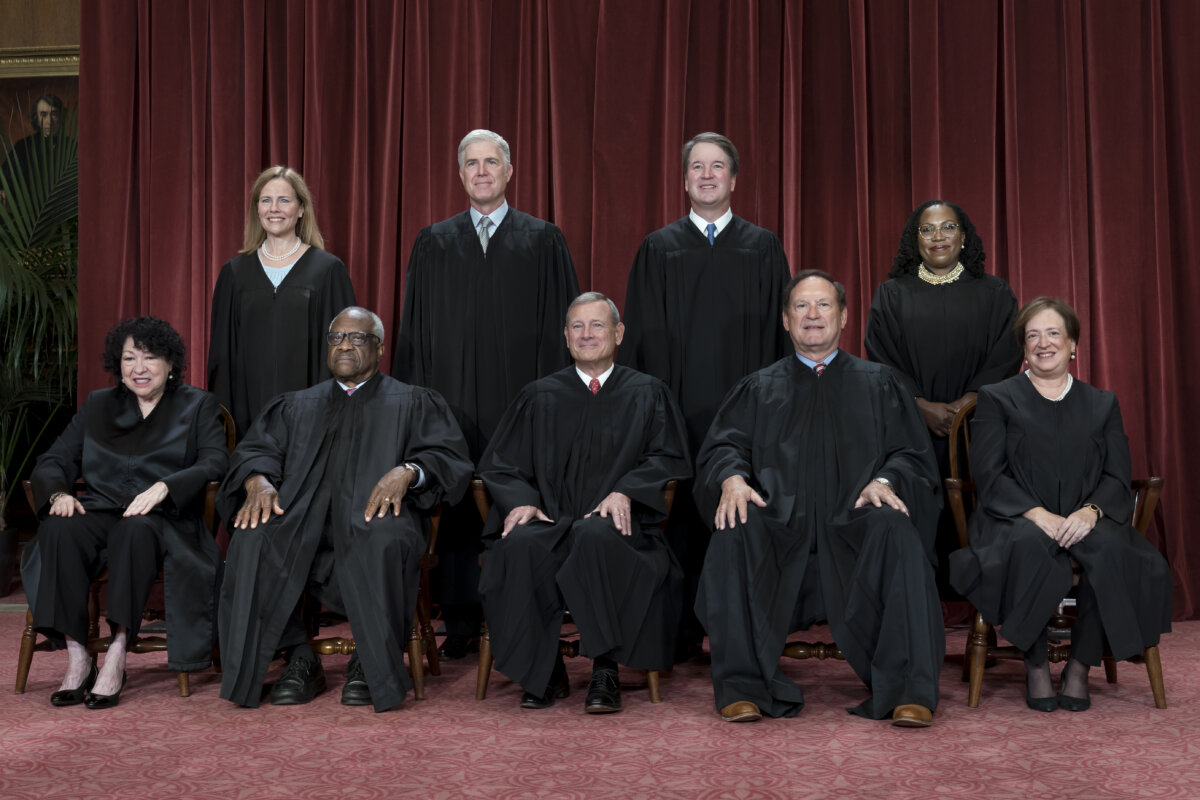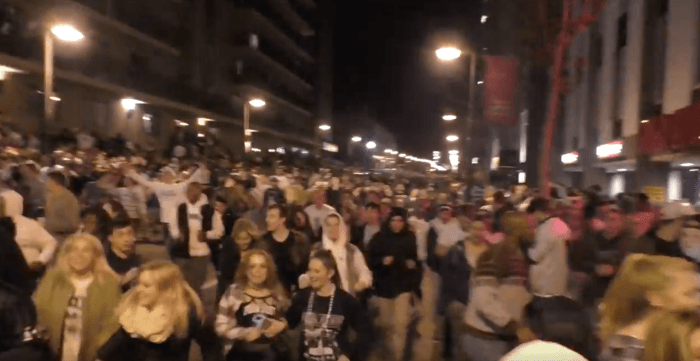NYPD officers allegedly executed 180 bad searches and seizures over a period of five years according to the Civilian Complaint Review Board watchdog group.
The Review Board analyzed 1,762 complaints and found “recurring practices” that violated “individuals’ civil liberties and privacy” in 180 of those cases, the New York Daily News reported. RELATED:NYPD to start issuing stop-and-frisk receipts A report issued by the CCRB said that officers misunderstood legal standards for entering a home, used old warrants or occasionally used investigation cards, so-called “I-Cards,” to justify entry though they are not legal warrants, the Guardian reported in a related article. “Intrusion into people’s homes is among the most serious violations of basic constitutional protections and really a basic human right,” CCRB Chairman Richard Emery said to the New York Post. “Substantiated complaints of this nature confirm the profound harm to people and families in their homes … and, as a consequence, seriously erode public trust and confidence in the police.” RELATED:NYPD probes cops in beating of black man accused of $3 pizza slice theft Nearly half of the complaints stemmed from incidents in Brooklyn, the Guardian stated, adding that the CCRB also noted offensive language, discourtesy and excessive force in addition to the wrongful searches. The CCRB listed recommendations the NYPD could consider for improvement, including a renewed enforcement of its consent form policy, I-Card clarification and more stringent discipline for officers with substantiated home invasion complaints, according to the Daily News. RELATED:Bratton declares subways safe after ride with cops and photographer The report also focused on expanding a body camera program to include home searches, the Guardian stated, adding that officials said they are reviewing the report and have imposed discipline in 64 percent of the cases they have reviewed.
New report claims NYPD repeatedly violated civil rights in searches

Bess Adler, Metro


















